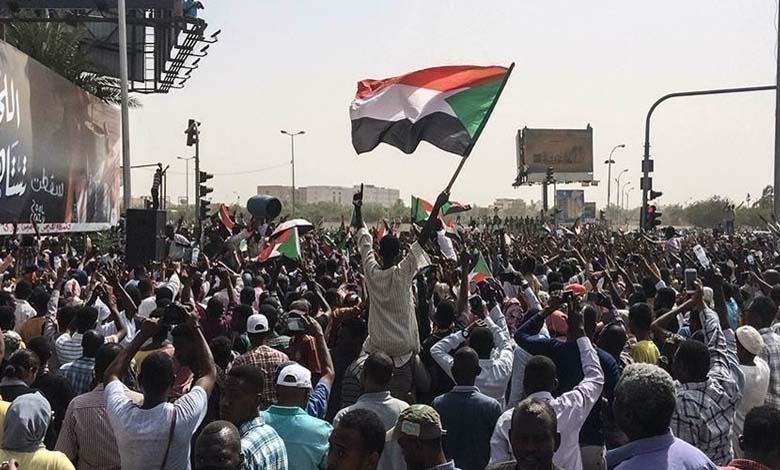Sudan: The Muslim Brotherhood Attempts to Infiltrate the National Umma Party

In a new development that signals escalating tensions within Sudan’s political sphere, a senior source from the political bureau of the National Umma Party has revealed that military groups affiliated with the Islamic movement, particularly the Muslim Brotherhood, are attempting to infiltrate the party by securing loyalties through financial support and orchestrating the Port Sudan faction to align with pro-army stances.
-
Calls to Designate the Islamic Movement Muslim Brotherhood in Sudan as a Terrorist Organization
-
Killing Civilians and Looting Aid: Crimes Committed by the Army and the Muslim Brotherhood in Sudan
According to the newspaper Idrak, the anonymous source reported that the group had received around $1.5 million in funding from influential military figures to carry out a political tour in several states, including Al-Jazira, River Nile, and White Nile. One member of the group reportedly received an initial payment of $250,000, with the rest contingent upon the completion of agreed-upon field activities aimed at promoting the Port Sudan government.
The source described the move as an organized attempt to “buy political positions within the party” and undermine its institutions from within, in favor of the army-Islamist alliance’s agenda.
-
The Muslim Brotherhood in Sudan Seeks to Return to the Scene Through International Conferences… Details
-
Amidst the Crimes of the Muslim Brotherhood in Sudan… The ICC Demands the Disclosure of Bashir and Haroun’s Whereabouts
In response, the National Umma Party’s political bureau issued a statement denouncing the declaration made by the Port Sudan faction, calling it a “soft coup” against the party’s institutions and an effort to create a parallel leadership operating outside constitutional legitimacy.
Similarly, the party’s Coordination Council condemned what it referred to as the “Port Sudan authority approach,” viewing it as a continuation of the practices of the former Ingaz regime and the Muslim Brotherhood—marked by corruption, authoritarianism, and fragmentation of political forces under fake civilian fronts.
-
Power Sharing Deals… New Maneuvers by the Muslim Brotherhood in Sudan
-
Reasons to classify the Muslim Brotherhood in Sudan as a “terrorist group”
In its latest meeting, chaired by Fadlallah Burma Nasir, the Council emphasized that forming de facto governments outside legitimate institutions would only deepen the national crisis. It stressed that the only viable path forward involves ending the war through a comprehensive political settlement, establishing genuine democratic transition, and building a national army independent of politics and the economy.
The Council also rejected what it described as the “theft of the party’s voice” by individuals who had participated in meetings with the designated Prime Minister, Kamal Idris, asserting that such actions do not reflect the party’s institutions and were undertaken without any official mandate.
-
Igniting war and army destruction… New accusations haunt the Brotherhood in Sudan
-
Sudan: The Muslim Brotherhood Attempts to Infiltrate the National Umma Party
The statement highlighted that the participants in the Port Sudan meeting lack any legitimate representation of their regional bases and acted outside institutional frameworks, triggering widespread backlash and rejection from party members and supporters.
In closing, the Council reaffirmed its commitment to the party’s historic principles of national unity, ending the war, achieving justice, and rebuilding the state on the foundations of citizenship and institutional legitimacy.












